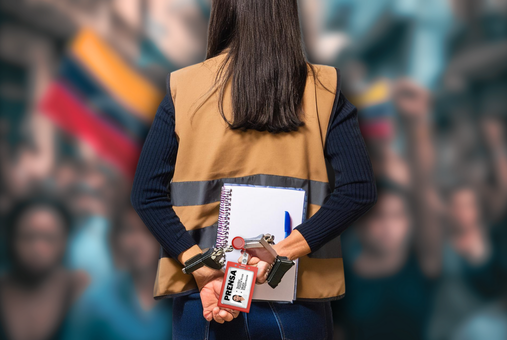
Some local journalists in Venezuela’s regions are turning away from reporting to stay safe in the face of repression.
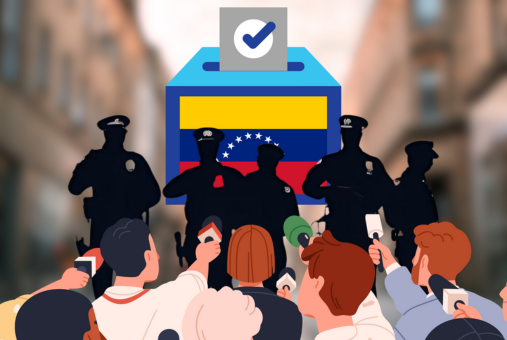
Organizations defending press freedom recorded more than 40 cases of attacks on media outlets and journalists during presidential elections in Venezuela. Most were cases of intimidation and obstruction of journalistic work in voting centers. At least three journalists were detained while reporting.

The morning press conferences held by the Mexican president are part of a communication strategy recognized as “unique” not only in his country but in the region. And although they emerged as a promise to improve transparency and communication, their critics see them as spaces to attack the media, journalists and even spread disinformation.

Two months after armed men stormed the studios of TC Televisión in Guayaquil, Ecuador, journalists from the channel have turned to various forms of psychological support. One of them is a new psychosocial support program from Fundamedios based on holistic therapies, resilience techniques and ancestral knowledge.
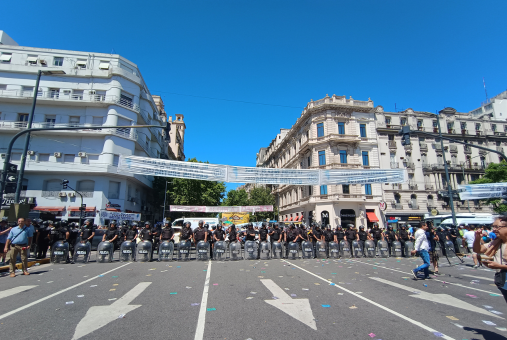
Since far-right politician Javier Milei assumed the presidency in Argentina on Dec. 10, 2023, there have been a series of street demonstrations against his emergency measures. The latest demonstrations were at the beginning of February and the government repressed the press with greater brutality than on other occasions, according to journalists.
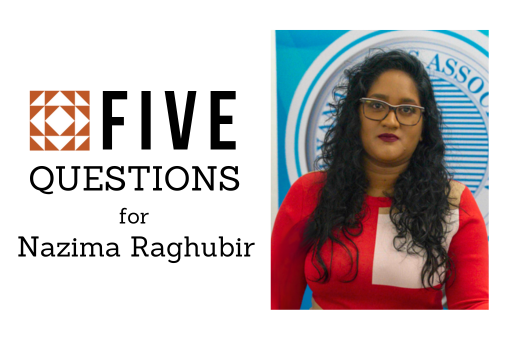
Although violence against journalism in the Caribbean hasn’t reached the levels of other parts of the continent, a recent increase of online attacks in Guyana is raising red flags, according to journalist Nazima Raghubir. She spoke about challenges Caribbean journalism faces, such as inadequate access to information laws and the reluctance of politicians to engage with the press.
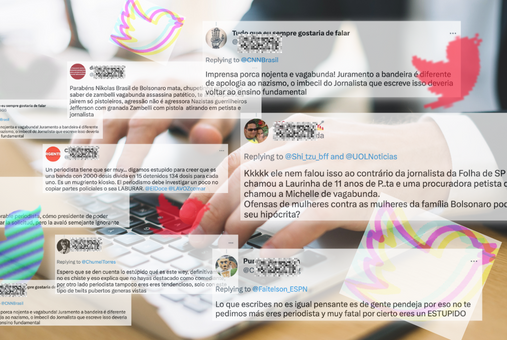
"Attack Detector" is a natural language processing model developed by members of Abraji and Data Crítica in order to explore the origin of violent narratives on Twitter against journalists in Brazil and Mexico, countries where such attacks are on the rise.
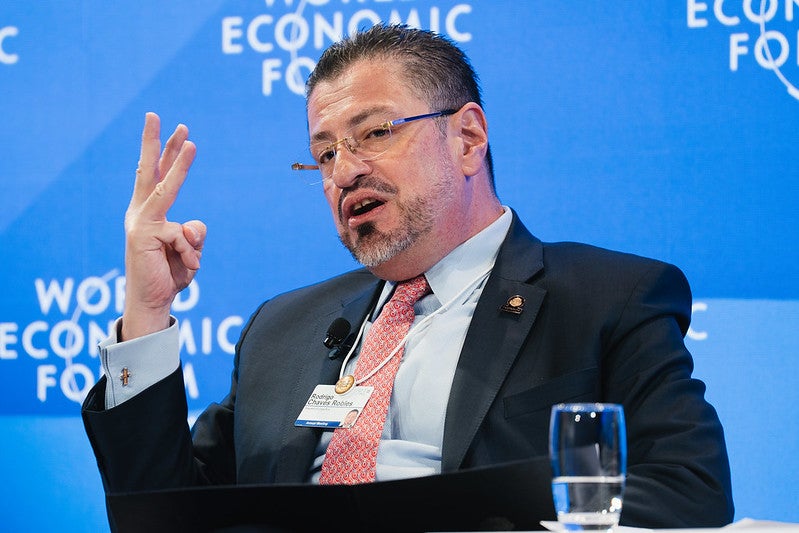
In a series of unprecedented events in the 'Switzerland of Central America,' Rodrigo Chaves uses authoritarian rhetoric and the state apparatus to persecute independent media. Defenders of free speech and journalists believe democracy will survive, but see risks of violence.
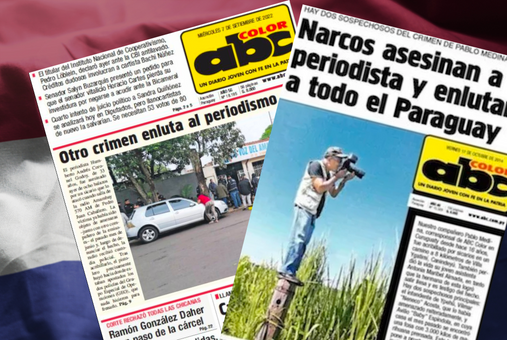
In view of the advance of organized crime over Paraguayan institutions and the almost total impunity in the cases of murdered journalists, freedom of expression organizations in that country will present in April a bill that contemplates the creation of individual, collective and psychosocial protection mechanisms for members of the press.

Authors of the investigation "Ejército Espía [Spy Army]" do not rule out going to international mechanisms to bring justice to victims of the Pegasus spyware in Mexico, after revealing that the spying on journalists and activists in that country comes from a secret military intelligence center and that the Secretary of Defense had knowledge of it.
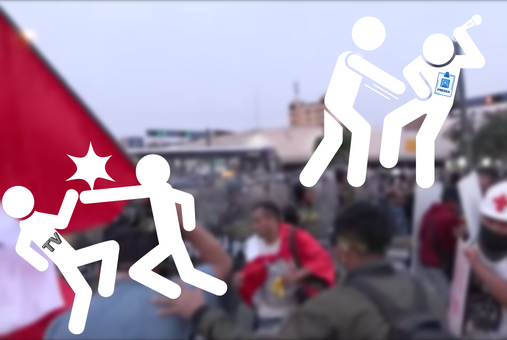
A little more than a month after the departure of President Pedro Castillo, the Peruvian press has experienced more than 70 cases of aggressions including beatings, insults and vandalism of equipment and facilities by demonstrators, as well as threats, obstruction of coverage and even an attack with rubber bullets by police officers.
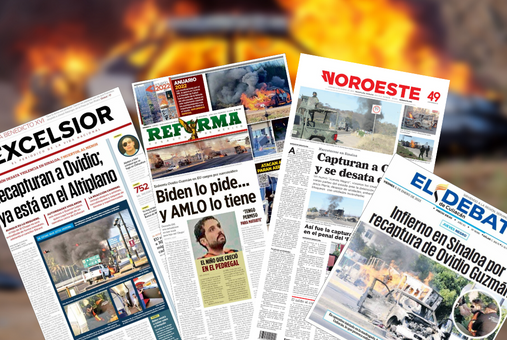
At least half a dozen journalists were victims of theft, intimidation and obstacles to carry out their work by members of organized crime during the wave of violence unleashed on Jan. 5 in the capital of the state of Sinaloa following the arrest of Ovidio Guzmán, son of "El Chapo."